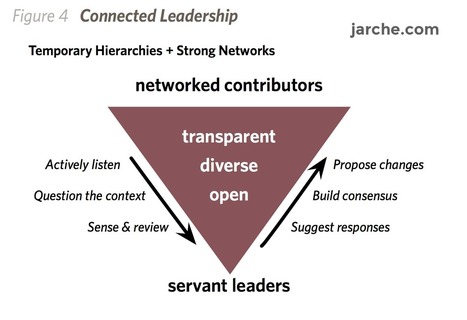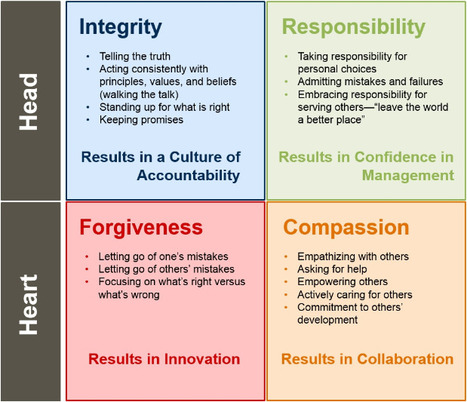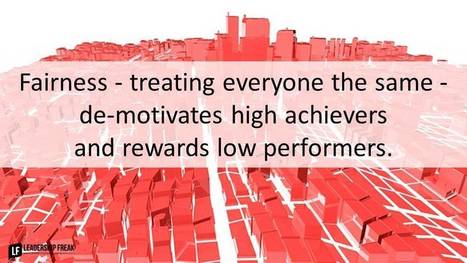Organizations face more complexity in the type of work they do, the problems they face, and the markets they interact with. This is due to increasing connections between everyone and everything. To deal with this complexity, organizations should loosen hierarchies and strengthen networks. This challenges command and control management as well as the concept that those in leadership positions are special. Leadership in networks is an emergent property.
In networks, everyone can be a contributor within a transparent environment. Effective networks are diverse and open. Anyone can lead in a network, if there are willing followers. Those who have consensus to lead have to actively listen and make sense of what is happening. They are in service to the network, to help keep it resilient through transparency, diversity of ideas, and openness. Servant leaders help to set the context around them and build consensus around emergent practices.
Traditional management and planning models strive for order and use periodic change management to deal with complexity and chaos. But complexity is becoming the more common state in the network era. This means shifting the focus from analyzing situations, to making constant experiments and learning from them.
Learn more / En savoir plus / Mehr erfahren:
http://www.scoop.it/t/21st-century-learning-and-teaching/?&tag=listening
http://www.scoop.it/t/21st-century-learning-and-teaching/?&tag=LeaderShip



 Your new post is loading...
Your new post is loading...















Learn more / En savoir plus / Mehr erfahren:
http://www.scoop.it/t/21st-century-learning-and-teaching/?&tag=listening
http://www.scoop.it/t/21st-century-learning-and-teaching/?&tag=LeaderShip